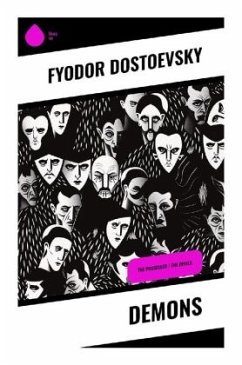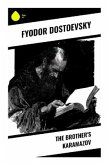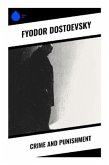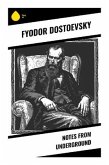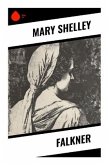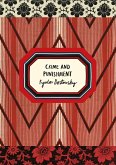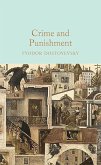In 'Demons,' also known as 'The Devils' or 'The Possessed,' Fyodor Dostoevsky explores the chaotic intersection of ideology and morality in 19th-century Russia. Through a tapestry of vividly drawn characters, Dostoevsky delves into themes of nihilism, radicalism, and existential despair. The narrative unfolds with a combination of dark humor and profound psychological insight, capturing the disintegration of societal values amidst an emerging revolutionary fervor, making the book a poignant reflection on the turbulent political landscape of its time. The lyrical yet incisive prose creates an immersive reading experience, juxtaposing the philosophical with the grotesque, ultimately revealing the dangers of ideological fanaticism. Fyodor Dostoevsky, a pivotal figure in literary history, faced a life steeped in hardship and philosophical questioning, including his own imprisonment and exile. These experiences, combined with a keen awareness of the sociopolitical climate in Russia, undoubtedly shaped his exploration of human nature and moral complexities. Dostoevsky's depth of understanding of psychological turmoil and societal breakdown informs every page of 'Demons,' allowing for a rich, multifaceted narrative that examines the darker corners of the human psyche. For readers seeking a powerful examination of the social and psychological turmoil of an era, 'Demons' is essential. It challenges us to confront the moral implications of ideology and the human inclination toward self-destruction. As relevant today as in Dostoevsky's time, this novel serves not only as a historical exploration but also as a profound commentary on contemporary society, urging us to reflect on the demons that persistently haunt us.
Bitte wählen Sie Ihr Anliegen aus.
Rechnungen
Retourenschein anfordern
Bestellstatus
Storno

